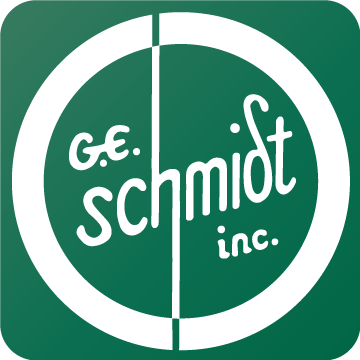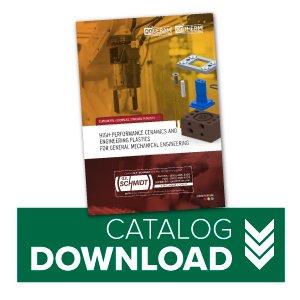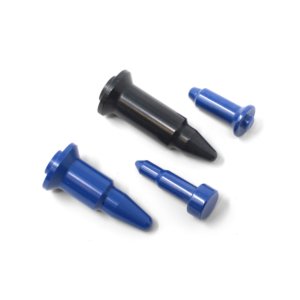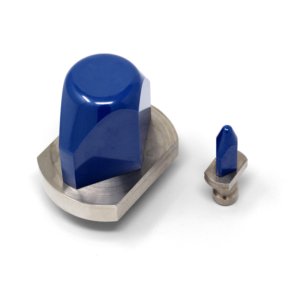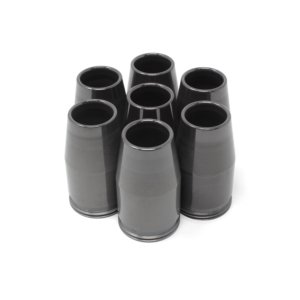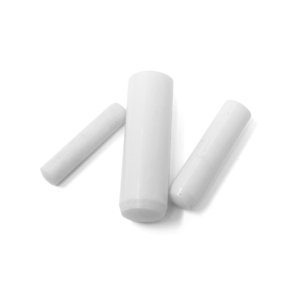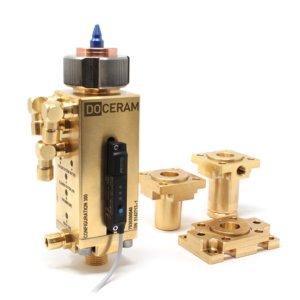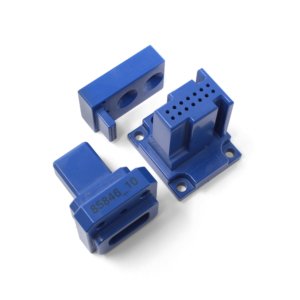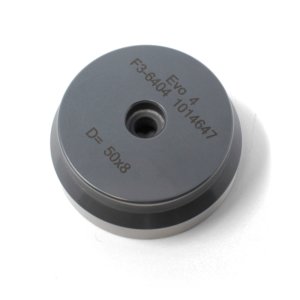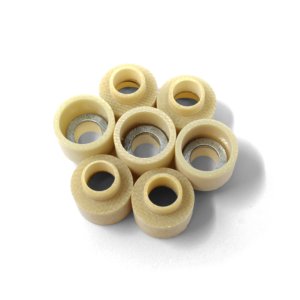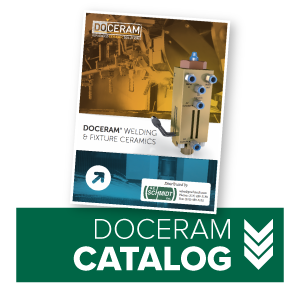Advanced Industrial Ceramics
Weld pins, location pins and fixture-building components for durable, precise and accurate part handling and placement.
Our lines of industrial ceramic components are the perfect answer to current trends and challenges in modern manufacturing, especially in the automotive industry.
We use several lines of ceramic materials, including the patented and proprietary shatter-resistant Cerazur®, Volcera®, and Cinceram™ materials, to meet the needs of different applications, from resistance and MIG/TIG welding tooling to general metalforming and handling. Click on the parts below for more information.
Download the Doceram welding products catalog here.
Download the Doceram general mechanical engineering products catalog here.
Use the form below to request a quote for a standard part or custom component. Or request a no-risk trial of ceramics here.
Ceramic Weld Pins
Doceram’s shatter-resistant ceramic weld pins have up to 40x the service life of normal coated pins, in the toughest applications.
Location Pins
Ceramic location/positioning pins hold up to the demands of the toughest new materials, meaning your pieces are exactly where you want them to be, every time.
MIG/TIG Welding
Doceram’s MIG and TIG welding nozzles are spatter resistant and easily cleaned for a lifetime that is factors longer than standard brass or steel nozzles.
Dowel Pins
The ceramic dowel pins for tooling construction (and more) are dimensionally stable and wear resistant to ensure precise placement where it matters most.
Modulmaster
The Modulmaster is a capable and customizable nut welding system ready for your next application, and whatever comes after that.
Electronics Manufacturing
Ceramic’s resistance to abrasive wear, dimensional stability and other key properties make it an excellent choice for test plugs, soldering fixtures, headed dowels and more.
Forming Wheels
Rollforming is among the most demanding manufacturing processes. Both ceramic’s hardness and temperature performance make it ideal for this.
GFRP Insulators
Doceram’s insulators keep current and heat flowing where you want, and only where you want. Plates, shims, screw head insulators, tubes and more.
… And many more
Don’t see your application here? There are thousands of other applications that could benefit from the properties of industrial ceramics. Contact us today for more, or set up an appointment using the booking link below.
Why ceramic? Aren’t they breakable?
These are not traditional ceramics. Our materials, with an advanced zirconia or alumina base, have a very high impact resistance and bend strength, with abrasion resistance far superior to hardened steel and coated pins. Industrial ceramics won’t break from falling on the concrete floor — in fact, they chip the concrete first. Ceramics are used in industries throughout the world, from welding to textiles to electronics manufacturing.
What drives the pin costs?
The materials can be difficult to produce and work with. Some need to be sintered and hardened before they’re machined, meaning they require special tools and cutters. Others have extremely complicated steps to create the precursor powders. But in some applications, a ceramic pin that costs 4-10x that of steel has 20x+ the operating life, so it saves money over the medium and long term. With ceramics, there’s also less down time for pin changes and fewer wasted parts on account of steel or coated pins wearing beyond tolerance.
Do these actually out-perform steel?
In many applications, yes. Industrial ceramics’ high abrasion resistance, toughness and resistance to weld spatter mean the pins and parts can often be wiped clean with a cloth after a long shift (or week … or month …) and come out good as new. There are some applications, however, where steel or ceramic-coated steel is more appropriate, such as specialty weld pins making a small number of welds over the project life.
How do I select the right material?
Different ceramic materials have strengths and weaknesses depending on the application’s specs. Some materials, for example, work better than others at sustained high temperatures and in the face of weld spatter. Others excel at lower temperatures, but not as well at sustained high temps. Some materials are tougher against impact, and/or abrasive wear. Some are more economical. We’ll help you select the right material for your application.
Welding Products:
General Mechanical Engineering:
Let’s Talk About Ceramics
Want to discuss your application and see if ceramics are right for the job? Contact us today, or schedule a talk in the future when it’s convenient for you.

